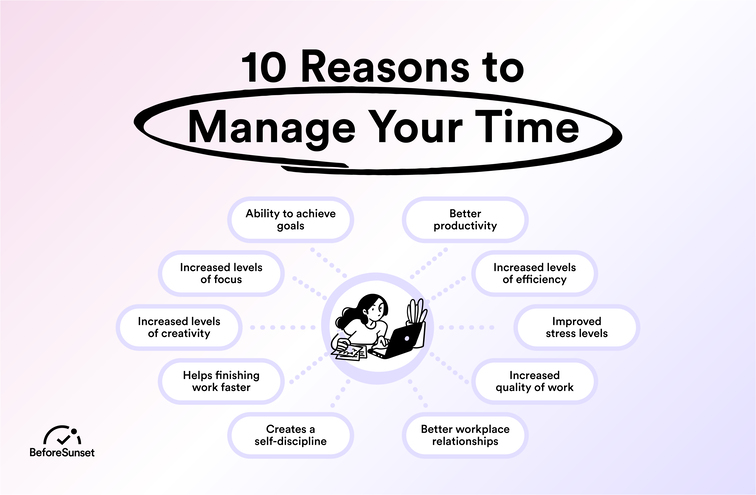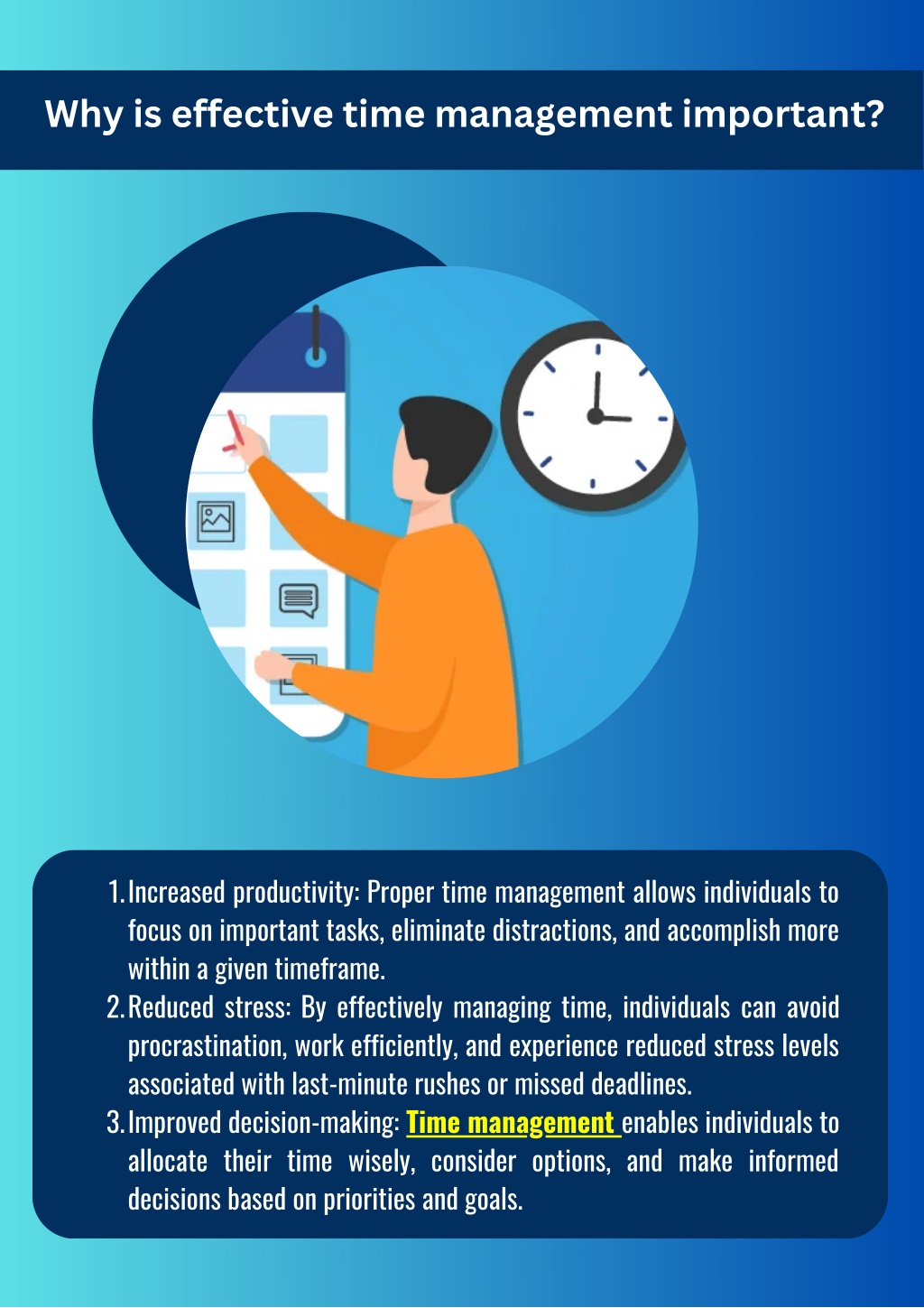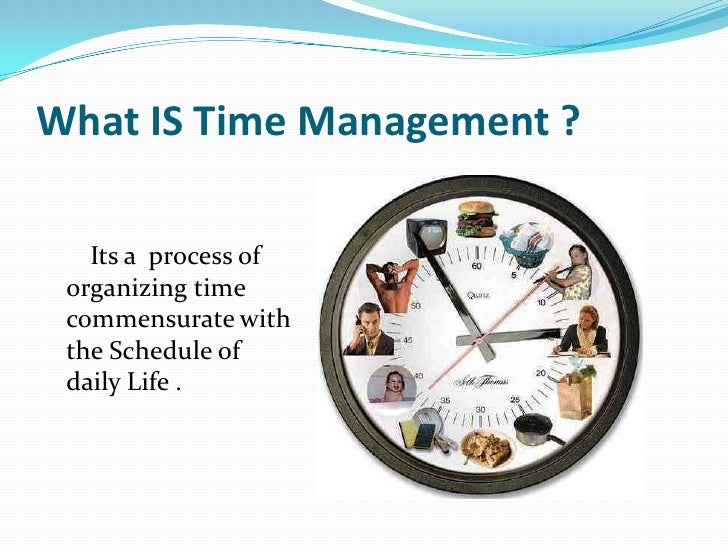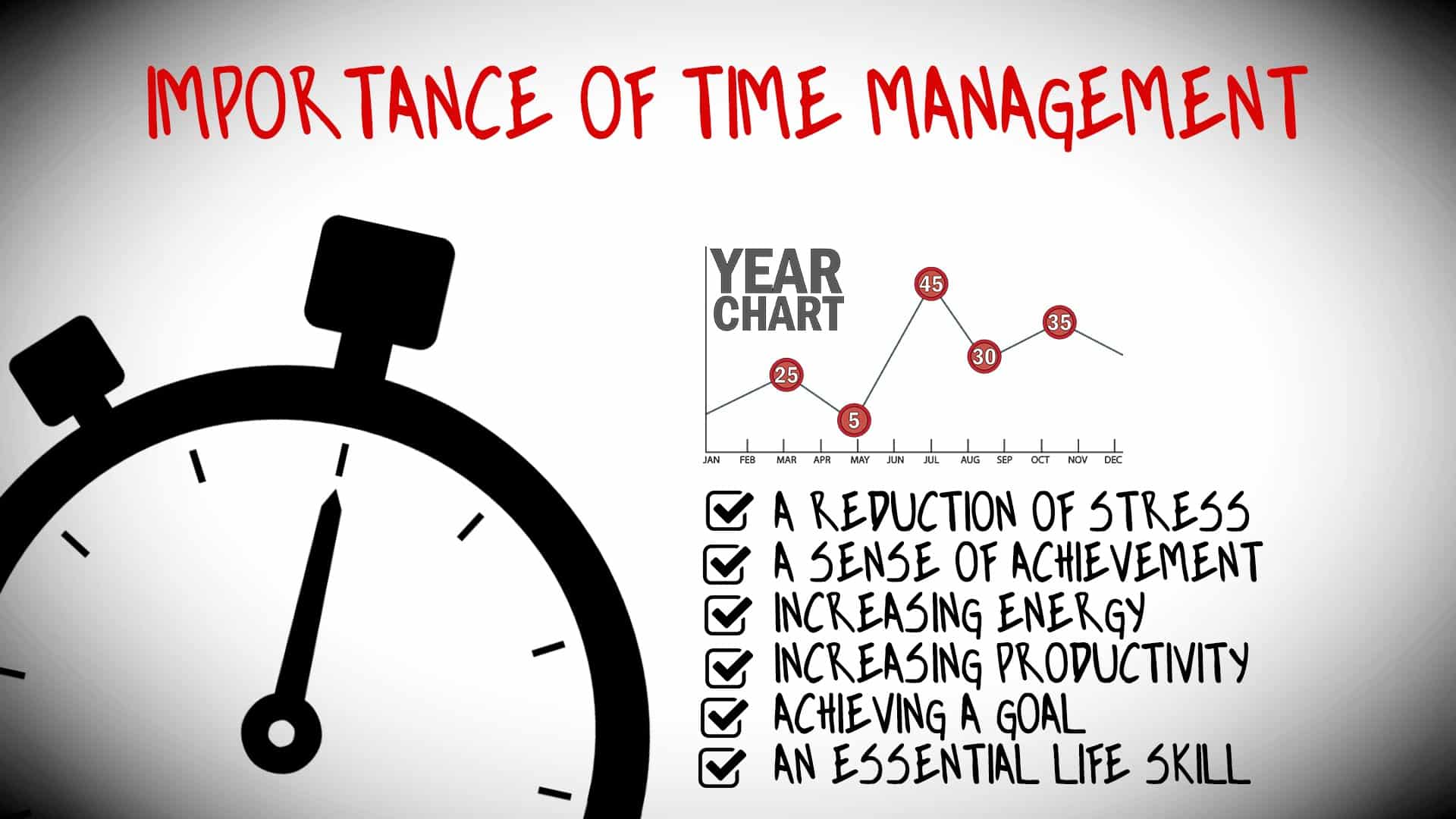What Is Time Management And Why Is It Important
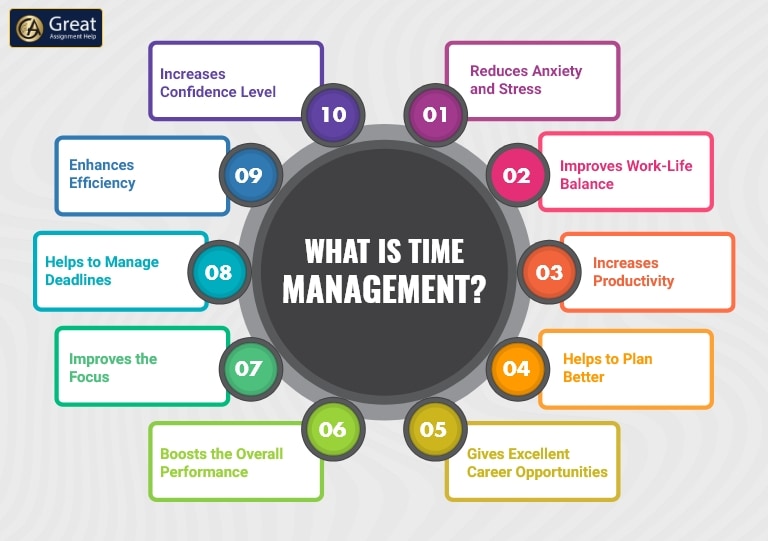
Deadlines loom, stress mounts, and productivity plummets? You're likely battling poor time management. Mastering this essential skill is no longer optional; it's crucial for surviving, and thriving, in today's demanding world.
Time management, often dismissed as a soft skill, is the strategic allocation of your hours to maximize efficiency and achieve goals. Its importance transcends career success; it impacts well-being, relationships, and overall life satisfaction. This article dissects time management, highlighting its significance and providing actionable insights.
What is Time Management?
Time management involves planning and consciously controlling the amount of time spent on specific activities. It's not about doing more; it's about doing what matters most effectively. Think of it as a toolkit containing techniques to prioritize tasks, set goals, and minimize distractions.
Effective time management requires self-awareness. Understanding your peak performance hours and common time-wasting habits is the first step. Then you need to implement appropriate strategies to improve productivity.
Why Time Management Matters
Poor time management costs businesses billions annually. A 2023 study by Harvard Business Review estimates that employees lose an average of two hours per day due to ineffective time management, equating to significant financial losses and reduced output. But the impact extends far beyond the balance sheet.
Individuals with strong time management skills experience less stress and anxiety. They feel more in control of their workload and lives. This leads to improved mental health and overall well-being.
Improved focus is another key benefit. When you have a clear plan and defined priorities, distractions become less appealing. You're able to dedicate your attention to the task at hand, resulting in higher quality work.
The Ripple Effect: Benefits in All Areas of Life
Time management improves relationships. By being more organized, you create more free time to spend with loved ones. You're also less likely to be stressed and irritable, leading to healthier interactions.
Better time management facilitates personal growth. It allows time for hobbies, learning new skills, and pursuing passions. This ensures a well-rounded and fulfilling life beyond work.
It reduces procrastination. Procrastination often stems from feeling overwhelmed or unsure where to start. Time management techniques, like breaking down large tasks into smaller, manageable steps, address this directly, leading to increased productivity.
Practical Strategies for Effective Time Management
Prioritization is critical. Tools like the Eisenhower Matrix (urgent/important) help you focus on high-impact tasks. Allocate the most time and energy to tasks that are both urgent and important.
Goal setting is vital. Use the SMART framework (Specific, Measurable, Achievable, Relevant, Time-bound) to define clear objectives. This provides a roadmap and motivates you to stay on track.
Eliminate distractions. Identify your biggest time-wasters and actively minimize their impact. Turn off notifications, close unnecessary tabs, and create a dedicated workspace.
Use time-blocking techniques. Allocate specific blocks of time to different tasks. This creates structure and helps you maintain focus.
Regularly review and adjust your system. Time management isn't a one-size-fits-all solution. Experiment with different techniques and adapt your approach based on your needs and circumstances. A 2024 report by McKinsey suggests that professionals who adjust their time management strategies quarterly experience a 20% increase in overall productivity.
Delegate tasks. Effective leaders and managers understand the importance of delegation. Entrust responsibilities to others, freeing up your time for higher-level activities.
Next Steps and Ongoing Developments
Implementing effective time management strategies requires commitment and ongoing effort. Resources are readily available, including online courses, workshops, and coaching programs. Invest in your skills and watch your productivity, and your life, transform.
The field of time management continues to evolve with new technologies and techniques emerging regularly. Stay informed about the latest developments to optimize your approach and stay ahead of the curve. Consider exploring apps and software that integrate with your workflow to automate tasks and track progress.
Embrace time management not as a constraint, but as an empowering tool. By mastering it, you unlock greater efficiency, reduce stress, and achieve a more fulfilling and balanced life.




